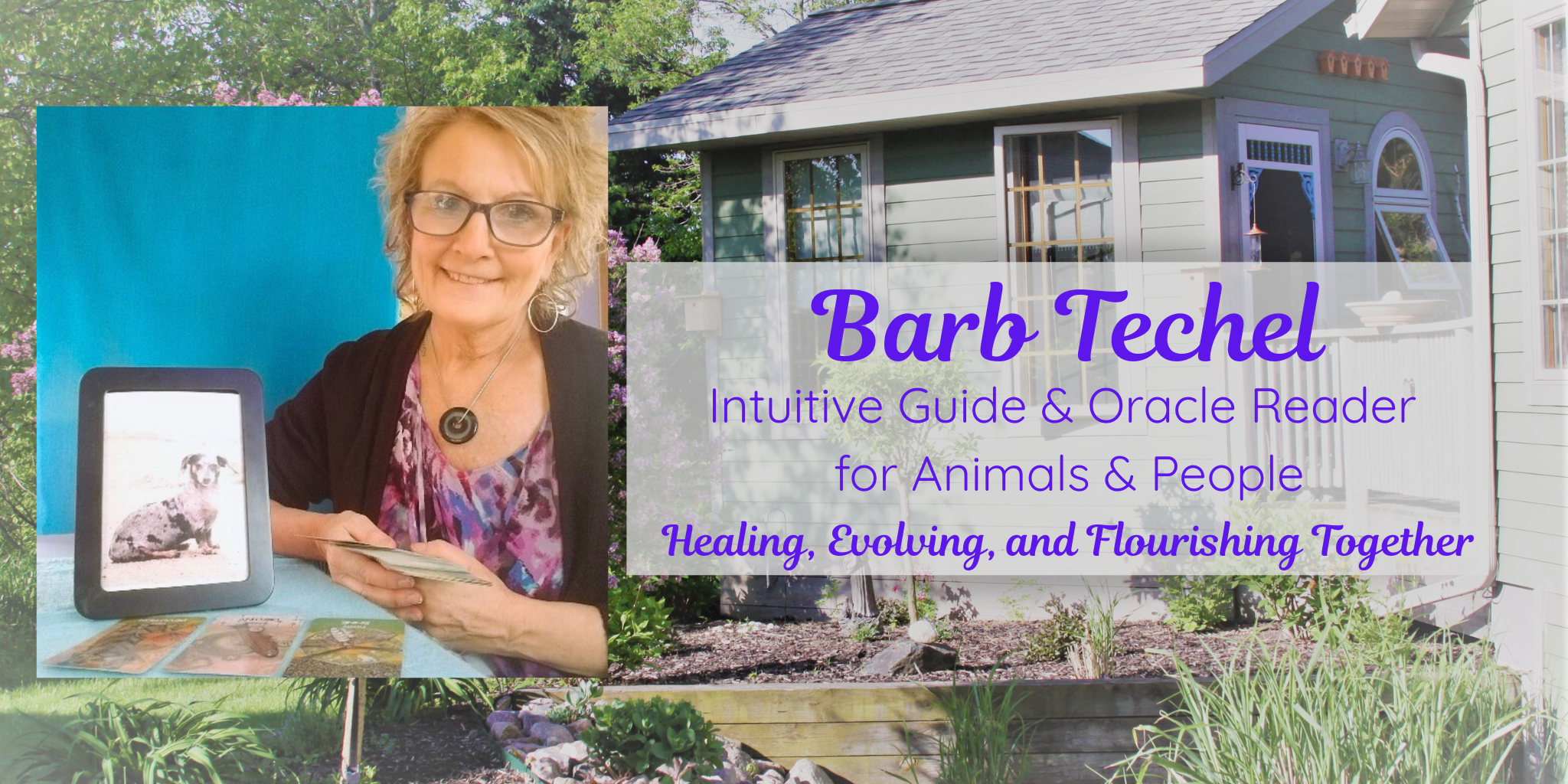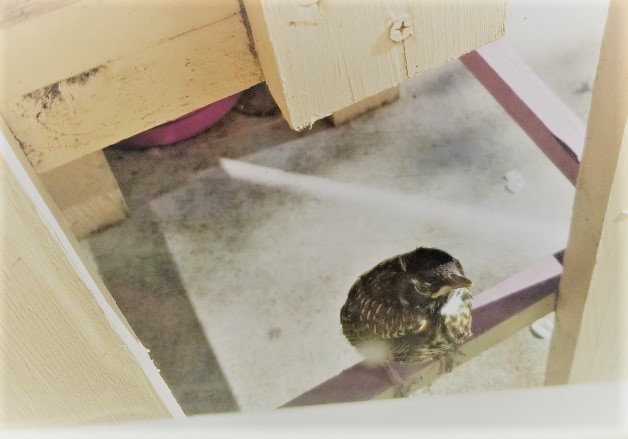
Thirty days ago I embarked on learning to breathe in a new way to better manage my asthma which I’ve had since a young age. I wrote about this in a blog post on May 18th and you can read it here.
I wanted to share an update because I continue to be grateful for finding the Buteyko Method. The most significant update is that I’ve not needed to use my inhaler now for 27 days. I’m still in awe sometimes of this because I was using it 4-5 times a day and 2-3 times a night for many years. I’m confident I’ll hit the thirty-day mark of not needing it, but I wanted to celebrate today because it marks thirty days that I’ve practiced the method every day.
While I’ve not consistently hit practicing it four times a day as was encouraged by the practitioner, I have consistently practiced at least three times a day. I also appreciate the fact I can throw in at any time what is called ‘maximum pauses’ and I’ll do those while I’m driving or puttering around the house.
A big marker for me has been testing this breathing method during humid (or damp) days, which is one of the biggest triggers for my asthma. It has been unseasonably warm and humid so far this year here in Wisconsin. Perfect testing ground.
While most mornings are the most challenging for me personally, I’m happy to report that the method continues to help take away the symptoms of my airway that often feels tight and like I can’t get in any air. I’ve managed to still do my morning walks on most days even in this humid weather. I just take it slower (this is key!). While that wasn’t easy at first because I was used to walking faster and I had emotional baggage to release around that, I’m enjoying my walks so much more than I did before.
When I feel asthma symptoms creeping back in I take a few moments to do a round of maximum pauses and so far, it’s all I need to open up my airways once again. I don’t know that I’ll ever go anywhere without my inhaler and I do continue to carry it with me in case I need a backup. But during the week-long training, while the hope is to get off medication or at least reduce it, they also stressed that this isn’t about suffering.
But I also believe we’ve become a society where medication is given out too easily. We don’t pause and try to get to the root of why we have chronic health issues. What I learned during the training is that many chronic health issues are related to a lack of CO2 in the body and that over 90% of our population hyperventilates. This is due to a number of factors with stress being one of the top reasons.
Overall I feel calmer and more relaxed. I trust and have faith I can manage my symptoms with the method and not panic when I feel my airways starting to tighten. I really believe now, after thirty days of this practice that I had become quite dependent on my inhaler to breathe. I wanted to see if I could change this because I was increasingly becoming concerned that I’d eventually need stronger medication or that the medication could possibly stop working. Then what?
I continue to also understand on another deeper level still the connection here of my childhood trauma – and the feeling of being suffocated – and not being able to breathe or in control of what was happening to me. I remind myself often that I am safe. That I can breathe. To just slow down and focus on my breath.
It’s also not lost on me how each of the dogs I’ve shared my life with were reflections of what I needed to understand about the importance of slowing down, pausing often, noticing my breath, healing different aspects of myself, and seeing the beauty around me. The breath connects us to the deepest part of ourselves.
The method has a high success rate for those that go through the week-long training and many see a change by the end of the week. Though each person is individual and there are many factors involved with how each person responds and continues to do with the method.
For me, it’s been a blessing, and why I wanted to share once again here on my blog in case anyone else wants to check it out. It’s not just for those who have asthma, though those were the first people Professor Buteyko clinically worked with and saw amazing results which are backed up in peer-reviewed journals, etc. It has helped with over 200 other chronic diseases.
The practitioner I learned the method from suffered for many years from depression. Another practitioner — who I initially sat in on a webinar who shared the Buteyko Method with those interested — suffered from chronic fatigue. Both have been immensely helped by this method.
So if you wish to learn more here are some resources:
Website:
Two channels on Youtube:
XO
Barb


